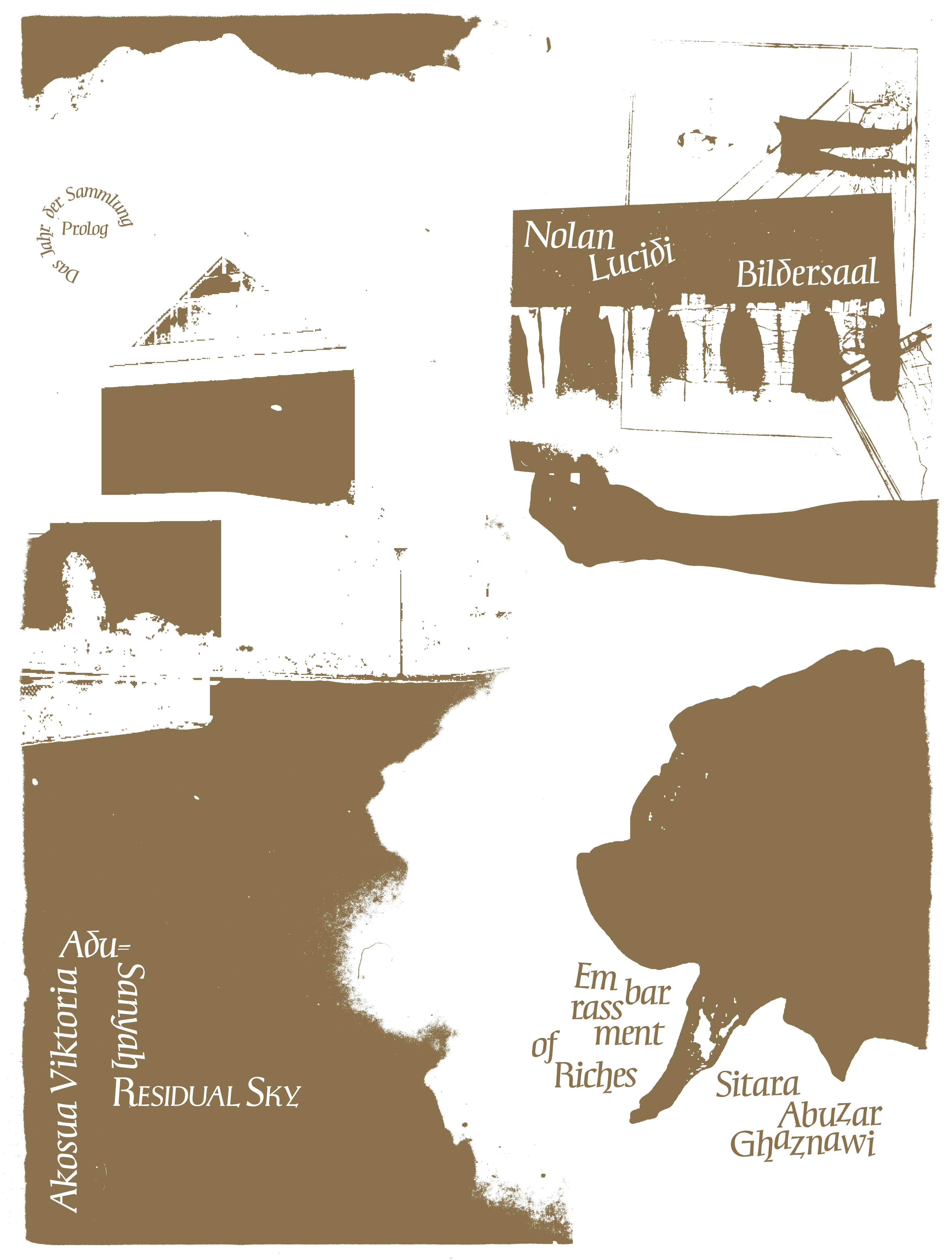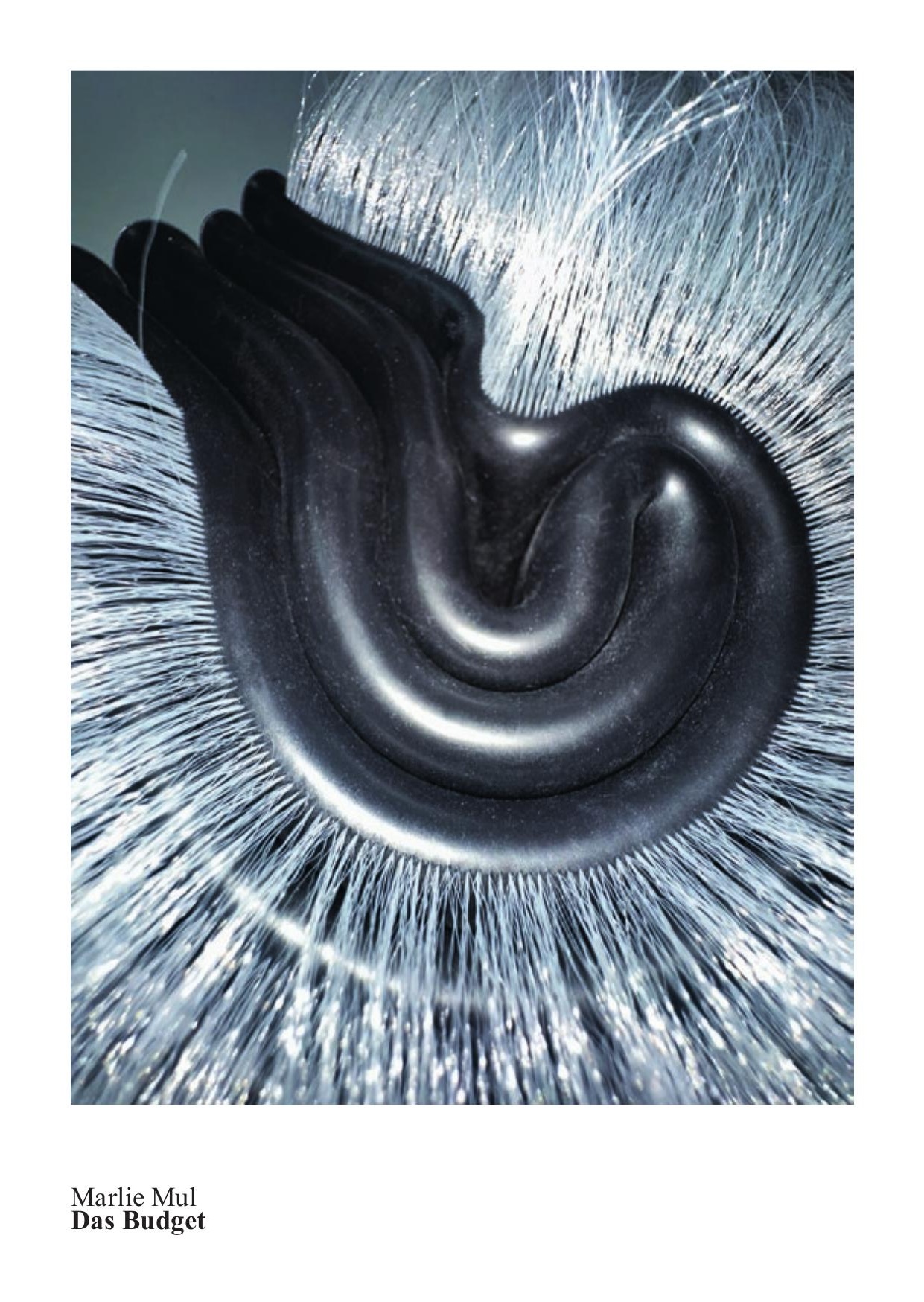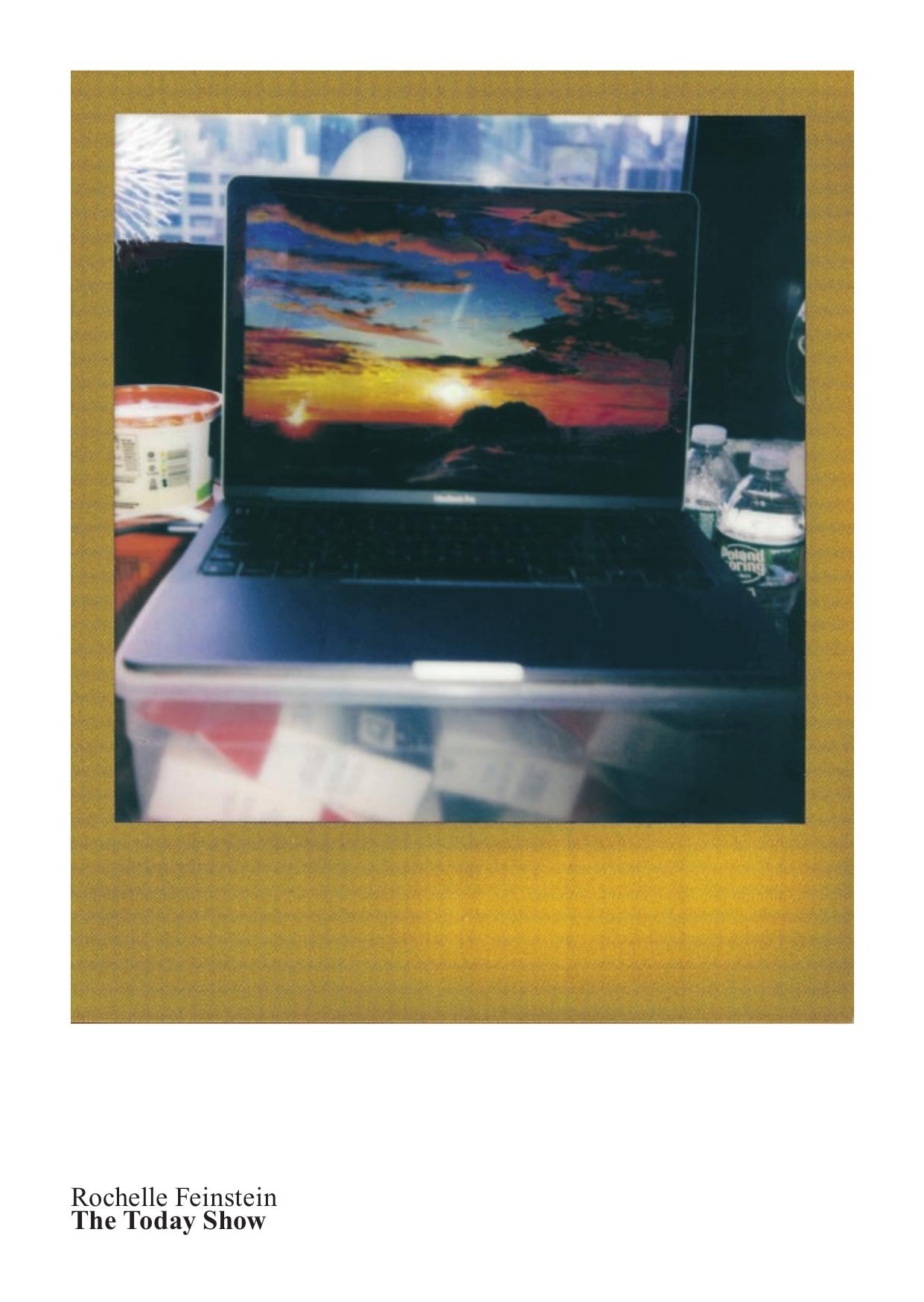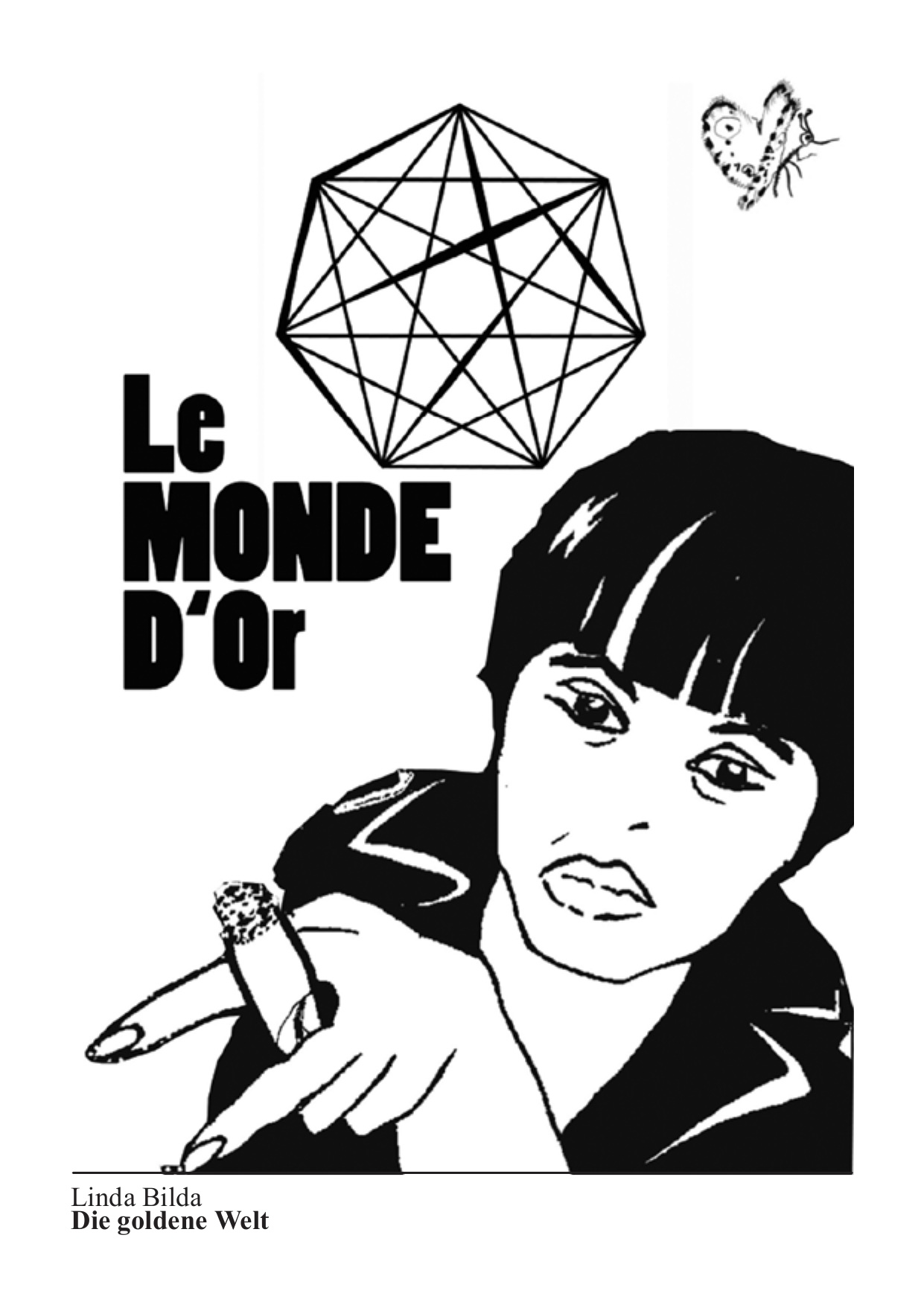14.9. – 16.11.2003
Julika Rudelius You Can’t Stay in the 80s Wearing Cowboy Boots While the Whole World Progresses
The Amsterdam-based artist Julika Rudelius (b 1968 in Cologne, lives and works in Cologne) examines aspects of human behavior through video and photography. Her view is primarily directed at communicative codes, facial gestures, body language, gender-specific and culturally shaped behavioral patters. The artist studies everyday interaction, alienates it through subtle restaging, thereby translating reality into a fiction borrowed from everyday life. In order to call into question our habits of seeing, our preconceived (due to the media and social prejudices) ideas about people from other cultures, she overdraws certain role models as stereotypes and clichés in the process of her visual conversion.
The Glarus Art Museum now presents the artist's video work for the first time in an individual exhibition in Switzerland. Julika Rudelius shows three video installations, one of which, the 3-part Tagged (2003), is being presented to the public for the first time in the Glarus Art Museum. In Tagged, the artist interviews young Turks and Moroccans, in a contemporary impersonally decorated hotel room, on the subject of clothing behavior. The young men not only debate the prices and design differences of the various trendy brands, but also allow their fears and frustrations to seep into their statements; In this case, the cool, chic clothing the young people buy with their hard-won savings not only serves as a symbol of social identification with a particular population group, but also as a means to improve their social status. Buying expensive brand names becomes an act of integration and assimilation for these young men, who often come from cultural circles in which capitalist values are considered reprehensible, and also a means to gain a certain respect from their environment (‹If you look like a bum, they don't respect you› one of the young men says). This clothing obsession therefore oscillates back and forth between extreme male – almost homoerotic – vanity and an act of compensation attempting to cover up cultural differences, a lack of self-confidence, and low social status.
While the interview format Julika Rudelius employs in Tagged gives the young people the freedom to say everything they want, Train (2001) is a restaging of a conversation among young people in a train compartment. These young people do indeed speak their own words, but the artist gave them instructions; namely to play themselves and at the same time to exaggerate. The result is a fairly misogynist, verbal cock fight between the young people, who goad each other on with sexual boasting.
As is often the case in Julika Rudelius's work, whether photographs or videos, only the second glance reveals that this is not documentary material, but rather material that was recorded according to clear directions of the artist and that was selected and edited according to content but also according to formal criteria. It is very important for the artist that the result is not interpreted as documentary material or found footage, but unambiguously as a staged and artistically designed outcome.
In the third work presented in Glarus, ‹The highest point› (2002), women speak very openly about their sexual practices, their habits and desires. Even though eroticism and sexuality belong to our everyday media life in a way that we can hardly avoid, the taboo of verbalizing sexuality has not yet by any means been removed. Is there a language to speak about sexuality that is characterized by neither pornography nor medical jargon? Julika Rudelius consciously lets women speak about their own sexuality, since the perspective on female sexuality and the way in which sexuality is talked about is still very much male-oriented.


















